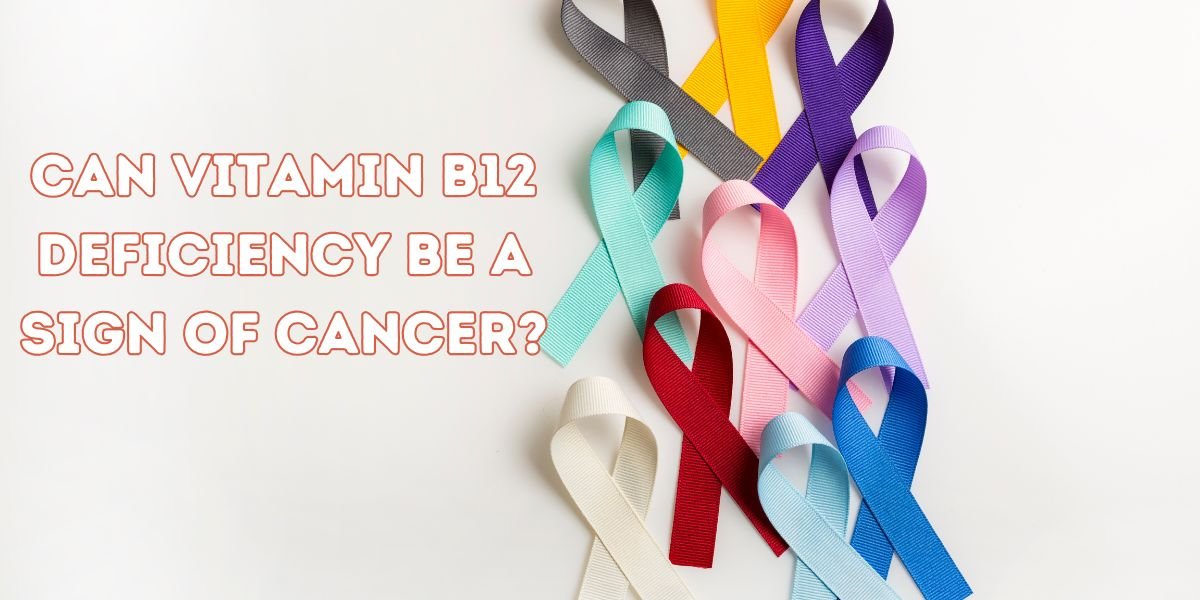Introduction
Heel pain is a common complaint that affects millions of people worldwide. It can range from mild discomfort to severe pain, impacting daily activities and quality of life. While most cases of heel pain are caused by benign conditions like plantar fasciitis or Achilles tendonitis, some people wonder if heel pain could be a sign of something more serious, such as cancer. This article explores the connection between heel pain and cancer, the types of heel pain, common causes, diagnostic methods, and when to seek medical attention. We’ll also address frequently asked questions to provide a comprehensive understanding of this topic.
Different Types of Heel Pain
Heel pain can manifest in various ways, depending on the underlying cause. Understanding the type of heel pain you’re experiencing can help identify its source. Here are the most common types:
- Plantar Heel Pain: Pain felt on the bottom of the heel, often caused by plantar fasciitis.
- Posterior Heel Pain: Pain at the back of the heel, typically associated with Achilles tendonitis or bursitis.
- Lateral Heel Pain: Pain on the side of the heel, which may be due to nerve compression or injury.
- Deep Heel Pain: Pain felt deep within the heel bone, which could indicate stress fractures or other bone-related issues.
Read Also: The Best And Real Way to Increase Your Size at Home
Common Sources of Heel Pain
Most heel pain is caused by non-cancerous conditions. Here are some of the most common sources:
1. Plantar Fasciitis
- Inflammation of the plantar fascia, a thick band of tissue that runs across the bottom of your foot.
- Symptoms include sharp pain in the heel, especially in the morning or after long periods of rest.
2. Achilles Tendonitis
- Inflammation of the Achilles tendon, which connects the calf muscles to the heel bone.
- Pain is usually felt at the back of the heel and worsens with activity.
3. Heel Spurs
- Bony growths on the underside of the heel bone, often associated with plantar fasciitis.
- Can cause chronic pain, especially when walking or standing.
4. Stress Fractures
- Small cracks in the heel bone caused by repetitive stress or overuse.
- Common in athletes or individuals with osteoporosis.
5. Nerve Compression
- Conditions like tarsal tunnel syndrome can compress nerves in the heel, causing pain, tingling, or numbness.
6. Bursitis
- Inflammation of the bursae, small fluid-filled sacs that cushion the joints.
- Can cause pain at the back of the heel.
Read also: What Option Will Not Be Available If You Are Behind on Loan Payments?
Diagnosing Cancer-Related Heel Pain
While heel pain is rarely a sign of cancer, certain types of cancer can cause bone pain, including in the heel. If your heel pain is persistent, unexplained, or accompanied by other symptoms like weight loss or fatigue, your doctor may recommend diagnostic tests to rule out cancer.
1. Magnetic Resonance Imaging (MRI)
- An MRI uses powerful magnets and radio waves to create detailed images of the bones and soft tissues.
- It can help identify tumors, infections, or other abnormalities in the heel.
2. X-ray
- X-rays provide images of the bones and can detect fractures, bone spurs, or tumors.
- However, they are less effective at identifying soft tissue issues.
3. Bone Scans
- A bone scan involves injecting a small amount of radioactive material into the bloodstream.
- The material collects in areas of abnormal bone growth, which can indicate cancer or other conditions.
4. Biopsy
- If a tumor is suspected, a biopsy may be performed to collect a tissue sample for analysis.
- This is the most definitive way to diagnose cancer.
Read Also: Designing Effective Test Scenarios for Complex User Flows and Edge Cases
What Kind of Cancer Causes Heel Pain?
While heel pain is not a common symptom of cancer, certain types of cancer can spread to the bones (metastasis) and cause pain. These include:
1. Bone Cancer
- Primary bone cancer, such as osteosarcoma, can develop in the heel bone, though this is rare.
- Symptoms include persistent pain, swelling, and tenderness.
2. Metastatic Cancer
- Cancers that originate in other parts of the body, such as the breast, lung, or prostate, can spread to the bones, including the heel.
- This is more common than primary bone cancer.
3. Multiple Myeloma
- A type of blood cancer that affects plasma cells and can weaken bones, leading to pain and fractures.
Why Is My Heel Suddenly Painful?
Sudden heel pain without injury can be alarming. Here are some possible causes:
- Plantar Fasciitis: Often starts suddenly, especially after increased activity or wearing unsupportive footwear.
- Stress Fractures: Can occur without a specific injury, particularly in athletes or individuals with weakened bones.
- Nerve Issues: Conditions like tarsal tunnel syndrome can cause sudden, sharp pain.
- Infections: Rarely, infections in the heel bone (osteomyelitis) can cause sudden pain and swelling.
- Cancer: While rare, sudden heel pain could be a sign of bone cancer or metastasis.
Can Heel Pain Be a Sign of Something Serious?
In most cases, heel pain is not a sign of a serious condition. However, you should seek medical attention if:
- The pain is severe and persistent.
- You experience swelling, redness, or warmth in the heel.
- You have unexplained weight loss, fatigue, or other systemic symptoms.
- The pain does not improve with rest or over-the-counter treatments.
Which Vitamin Deficiency Causes Heel Pain?
Vitamin b12 deficiencies can contribute the cancer to bone and muscle pain, including heel pain. The most common deficiencies linked to heel pain are:
1. Vitamin D
- Essential for calcium absorption and bone health.
- Deficiency can lead to weakened bones and conditions like osteoporosis, increasing the risk of stress fractures.
2. Vitamin B12
- Important for nerve health.
- Deficiency can cause nerve damage, leading to pain, tingling, or numbness in the feet and heels.
3. Calcium
- Crucial for bone strength.
- Low calcium levels can result in bone pain and fractures.
FAQs About- Is Heel Pain a Sign of Cancer?
1. Is heel pain usually a sign of cancer?
No, heel pain is rarely a sign of cancer. Most cases are caused by benign conditions like plantar fasciitis or Achilles tendonitis.
2. What should I do if I have sudden heel pain without injury?
Rest, apply ice, and take over-the-counter pain relievers. If the pain persists or worsens, consult a doctor.
3. Can heel pain be a symptom of bone cancer?
While rare, bone cancer or metastatic cancer can cause heel pain. Persistent, unexplained pain should be evaluated by a healthcare professional.
4. How can I prevent heel pain?
Wear supportive footwear, stretch regularly, maintain a healthy weight, and address any underlying conditions like vitamin deficiencies.
5. When should I see a doctor for heel pain?
Seek medical attention if the pain is severe, persistent, or accompanied by other symptoms like swelling, redness, or systemic issues.
Conclusion
Heel pain is a common issue that is usually caused by benign conditions like plantar fasciitis or Achilles tendonitis. While it is rarely a sign of cancer, persistent or unexplained heel pain should not be ignored. If you experience sudden heel pain without injury or other concerning symptoms, consult a healthcare professional for a proper diagnosis and treatment plan. By understanding the potential causes and seeking timely medical advice, you can address heel pain effectively and maintain your overall health.



